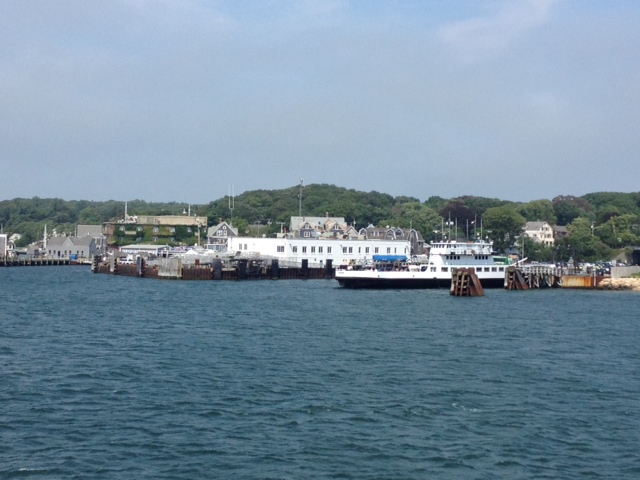My earliest memory of maps dates back to early childhood when my father taught me how to read the Rand McNally Thomas Guide street map. Long before GPS devices and Internet applications such as MapQuest were readily available to the public, my father, a construction subcontractor, used a Thomas Guide to navigate his way to various job sites throughout Southern California. Having learned how to read a map at such an early age from my father, I map my trips meticulously and give detailed directions. Unlike many of my friends, I use cardinal/compass directions (N, S, E & W) and specific highway numbers when describing to someone how to get from here to there. The first time I received directions from my friend to her mother’s house in a small town in another state, l was completely blown away when she attempted to give me directions using landmark references. My friend told me that when I exit the highway, that I will pass an A & W on the left, drive through two stoplights, pass a gas station and a Wendy’s on the right before coming to a fork in the road where I needed to veer to the left and pass the big willow tree before coming to a dead end in the road where I would turn right and go to the third house on the left. She and I still laugh at the fact that I was able to find her mother with such confusing directions. I remember asking her at the time, what if some of the restaurants that she referenced had closed? She responded then you stop and ask someone for directions. Of course this was prior to having GPS access on my cell phone, which gives me more confidence in getting from here to there.
- Comment
- Reblog
-
Subscribe
Subscribed
Already have a WordPress.com account? Log in now.

Pingback: Why Maps Are Important | Cynthia's Good Life
Cynthia, you bring up a great point about the differences between landmark and compass directions! ME? I much prefer the landmarks! And if a restaurant has closed, you simply change the directions to, “Where the old Wendy’s used to be!”
Kelly, that’s funny. Lol! I wonder if we took a survey of how people give directions, what percentage use landmarks vs. compass directions and if gender would play a role in the different responses?
Oh, I definitely remember the days when we all carried maps in our cars. Mine was the Thomas Guide. I was never great at reading maps, but I could always at least figure out where I was in the world and how to get on a freeway. My dad, on the other hand, can tell you how to get anywhere in California – tell him which freeway you’re near and he’ll give you the best directions (and which freeways will be the fastest).
I remember the first time I used a map online – I was 16 and working in my first office job. Of course, we ditched our hefty Thomas Guides soon after and began printing out directions (what a waste of paper during those intervening years!). Now, with smartphones, we have directions at our fingertips. However, I’ve gotten lost more times than I can count with my iPhone’s directions, and our newest highway still doesn’t appear on Google maps. Asking for directions from people who know the area still seems to be the best bet!
(Hi there! I’d posted some other comments that are still awaiting moderation, but I had a few other thoughts I’d wanted to post here as well.) What your mother said about stopping and asking for directions – what struck me was that your mother was effectively encouraging the experience of a contact zone, as Pratt would say – and I realize, too, how it can be a bit intimidating to ask, especially if in a place where others might not speak the language.
Hi Cynthia,
I’ve always loved maps – the olde timey-er, the better, which is a nerdy way of saying I love historical maps. The last two times my now-husband and I traveled to Europe (once was before we were married), we had found a website that sold data-only SIM cards so we could temporarily replace the SIM from my husband’s Android with the new SIM…which meant we could use GPS to help us navigate when we drove off somewhere. Nevertheless, even before our last trip last summer, I thought it a good idea to invest in a water-resistant map of the country (it was Iceland, so it was possible to get a map of the whole country with all the roads). It was a good thing I did! Sometimes we needed to look at a bigger picture than what a smart phone could give us, and, perhaps not so strangely, the map helped us map/plan our trip in better detail.
So how have maps affected your travels? I’d be interested in hearing more about how maps have affected your planning, what you look for when you travel, what draws you – and how you plan your travels. Aside from the actual geography, of course, why are maps important?